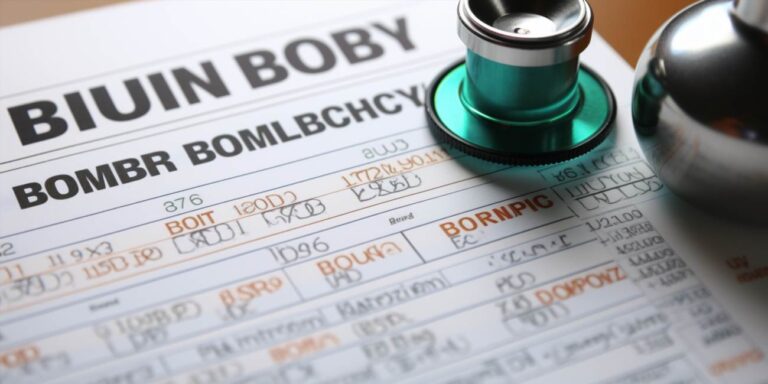When it comes to a Cesarean section (C-section) surgery, the focus is primarily on the safe delivery of the baby and the well-being of the mother. However, like any surgical procedure, a C-section carries some potential risks, one of which is the possibility of bowel injury. While rare, bowel injuries can occur during a C-section, and it’s crucial to be aware of the symptoms associated with such injuries for prompt diagnosis and treatment.
Understanding bowel injury
Bowel injury during a C-section can happen when there is accidental damage to the intestines or nearby structures. This can occur due to surgical instruments, improper technique, or anatomical variations. Recognizing the symptoms of bowel injury is essential for early detection and intervention.
Common symptoms of bowel injury after c-section
1. Severe Abdominal Pain: Intense and persistent abdominal pain that doesn’t improve with pain medication may be a sign of bowel injury. The pain may be located near the incision site or elsewhere in the abdomen.
2. Abdominal Distension: Swelling or bloating of the abdomen can occur as a result of bowel injury. This is often accompanied by discomfort or a feeling of fullness.
3. Nausea and Vomiting: Bowel injuries can lead to digestive disturbances, including nausea and vomiting. If you experience these symptoms after a C-section, it’s essential to inform your healthcare provider.
4. Fever and Chills: Infection is a potential complication of bowel injury. If you develop a fever and experience chills, it may indicate an infection related to the injury.
5. Changes in Bowel Movements: Bowel injuries can disrupt normal bowel function, leading to changes in bowel movements. You may experience diarrhea, constipation, or blood in the stool.
6. Difficulty Passing Gas: A noticeable difficulty in passing gas or having a bowel movement can be a warning sign of bowel injury.
7. Increased Heart Rate: An elevated heart rate can indicate a potential problem, especially if it’s accompanied by other symptoms.
Seeking medical attention
If you experience any of the above symptoms after a C-section, it’s crucial to seek immediate medical attention. Bowel injuries can worsen if left untreated and may lead to severe complications.
Treatment for bowel injury
The treatment for bowel injury after a C-section typically involves surgical repair. Surgeons will assess the extent of the injury and take the necessary steps to repair the damaged bowel tissue. In some cases, a temporary colostomy or ileostomy may be required to divert the flow of stool away from the injured area during the healing process.
Faqs
Q1: can bowel injuries during c-sections be prevented?
A1: While surgical complications can never be completely eliminated, the risk of bowel injury can be reduced by ensuring that C-sections are performed by experienced and skilled healthcare professionals.
Q2: are bowel injuries during c-sections common?
A2: No, bowel injuries during C-sections are relatively rare. The majority of C-sections are performed without any complications.
Q3: how long does it take to recover from bowel injury repair surgery?
A3: The recovery time can vary depending on the extent of the injury and the surgical approach. Your healthcare provider will provide specific guidance on your recovery.
Q4: what are the long-term effects of bowel injuries after c-sections?
A4: With prompt diagnosis and appropriate treatment, most patients recover without significant long-term effects. However, individual outcomes may vary.
Conclusion
While bowel injuries during C-sections are rare, it’s essential to be aware of the symptoms and seek immediate medical attention if you experience any of them. Early diagnosis and treatment can significantly improve the chances of a full recovery. Remember that proper surgical technique and the expertise of healthcare professionals are crucial in minimizing the risk of such injuries during a C-section.
See also:





